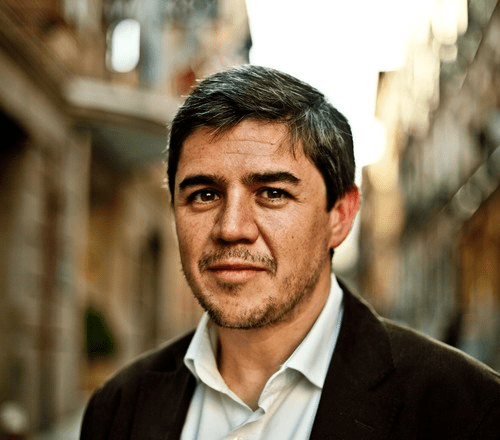Expert in development aid with more than 20 years of experience. He has spent most of his professional career at Oxfam where, among other responsibilities, he was director of Oxfam’s campaigns department and later led the global work on development aid and debt. For many years he was also responsible for the publication «La Realidad de la Ayuda», a benchmark in Spain in the discussion on international development aid. Previously he worked as a researcher in Caritas and the Carolina Foundation on the same issues and today he works from Geneva for an international organization.
What do you think are the current challenges in the cooperation sector?
The first is an existential challenge. Addressing the lack of adequate multilateral and collegial responses to the major common problems facing humanity as a whole: environmental degradation, growing inequality, the impact of pandemics, political capture by economic and/or political elites, etc., is an existential challenge. Without a critical and transformative vision, it will be difficult to sustain the concept and policies of the development community, today seriously threatened from many angles. The response to the COVID-19 crisis has exposed many shortcomings of an international aid system that is powerless to correct inequalities.
The second is to bring to the forefront the importance of the sector and public policies for the pursuit of the common good, avoiding the drift towards models that favor the resolution of problems from individual / private action, which presumes a weakness in – and subsidiary role by – the State, thus contributing to the lack of public responses to major challenges.
Another would be to help counteract the trend toward democratic degradation, the loss of importance of human rights, the rejection of diversity and warmongering and hate speeches and strategies.
And finally, to strengthen progress in the area of gender equality.
How do you consider they should be faced?
There are several principles from which we must operate:
- Address the necessary self-criticism and promote a radical transformation of a multilateral and multi-actor system that suffers from numerous financial and power imbalances, and is not offering solutions to collective problems.
- It is time for major changes in the international architecture given the multiple crises we are facing -environmental, health, economic, social- although as we find ourselves precisely in a period of multiple crises, there seems to be no individual or collective leadership to take on this role.
- Establish and defend the importance of democracy, the fight against inequality, the promotion of human rights.
- Strengthen alliances for the development of universal public policies, open to participation and aimed at reducing inequalities, such as in the area of taxation.
- Use political advocacy and the voice of organized civil society to establish an anti-war discourse, in favor of economic and gender equality, and respect for diversity. Actively opposing hate speeches.



